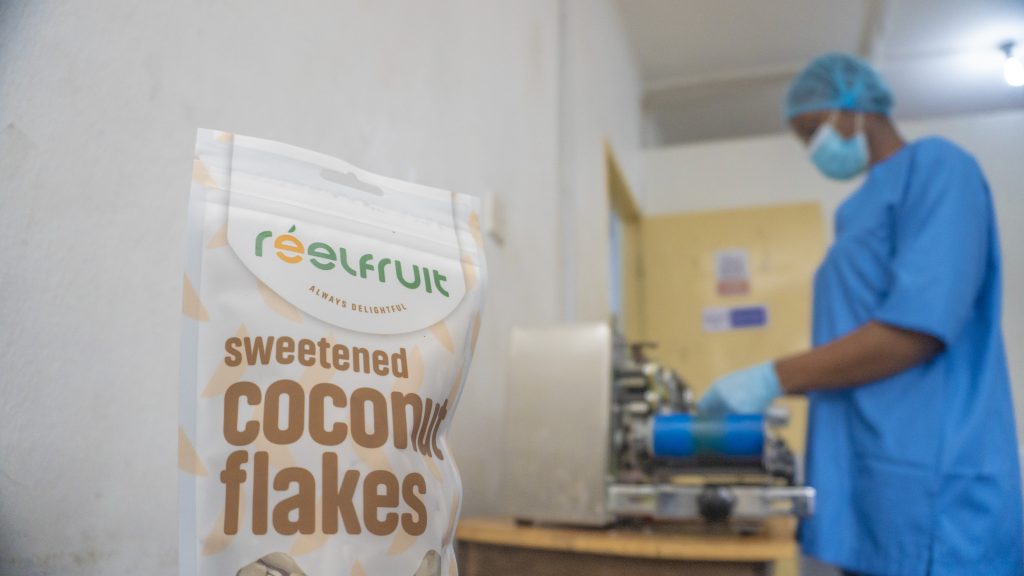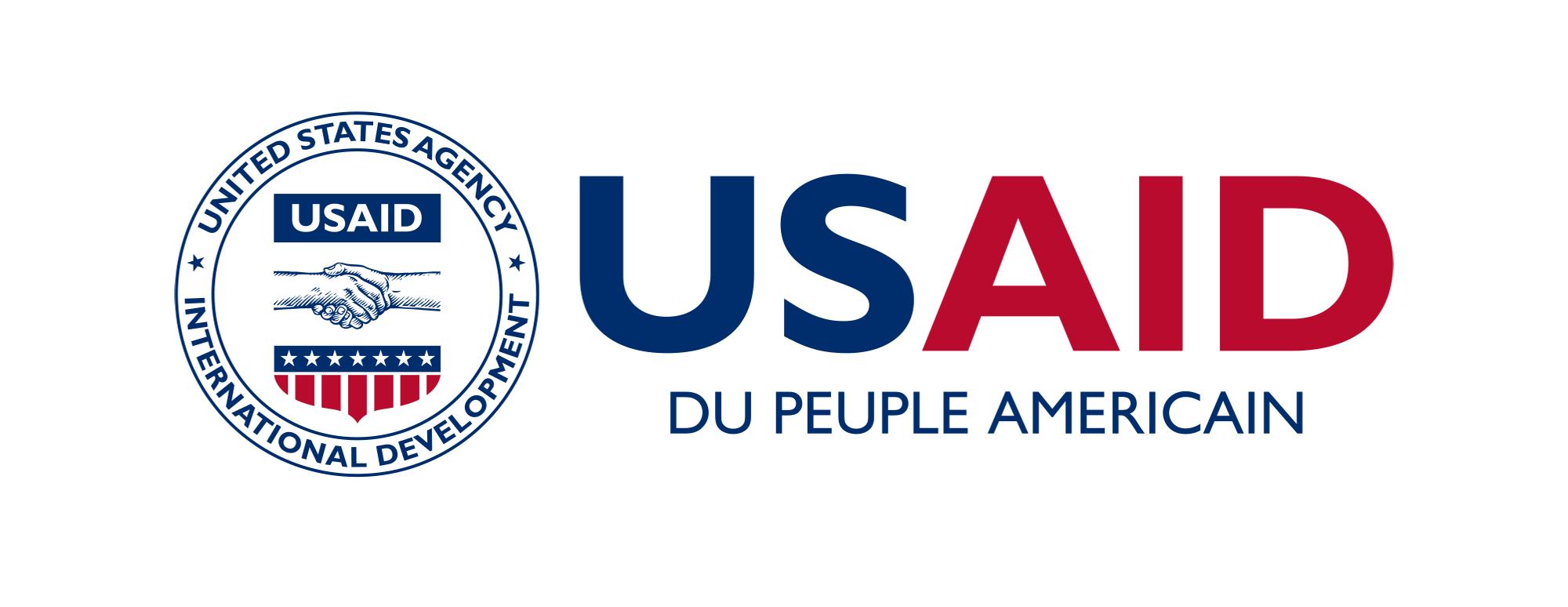The challenge
Exporting entails more than merely boosting a nation’s economic expansion; it serves as a bridge to the global arena, introducing countries to fresh concepts, managerial approaches, marketing strategies, and modes of competition. In Nigeria, companies of all sizes face numerous challenges in exporting goods and products. With low-quality packaging, inadequate rail and roads to the point of export, and a lack of consolidation centers providing refrigeration for perishable cargo, the difficulties of exporting are discouraging. When businesses must pay sea freight fees in U.S. dollars despite fast-rising inflation, and when they must wait prolonged periods to withdraw the revenue from their export sales at a reasonable rate, then the financial deterrents become onerous.
La Subvention
The USAID-funded West Africa Trade & Investment Hub (Trade Hub) is working with local companies to overcome these challenges, facilitate export trade agreements, reduce waste, and improve food security in Nigeria. In support of the se goals, the Trade Hub awarded a co-investment grant of nearly $500,000 to Nature’s Bounty Health Products, doing business as ReelFruit, which enables the company to expand and improve its processing capacity for exports of dried fruits to the U.S. The co-investment also helps ReelFruit overcome the negative impact of COVID-19 on the company’s operations and its supplier network of 250 smallholder farmers of mangoes, coconuts, and bananas in Nigeria.

L’Impact
Benefiting from the Africa Growth and Opportunity Act (AGOA) which enhances qualifying sub-Saharan African countries’ access to the U.S. market, ReelFruit established business contacts with three supermarkets for orders of ReelFruit’s dried pineapple chips, caramel coconut chips, and chocolate chips. ReelFruit also formed an agreement with a U.S. distribution company that could generate at least $60,000 in annual sales. To sustain production and meet rising demand, ReelFruit recently procured more than 7 metric tons of coconut fruits and generated $103,000 from sales of processed dried fruit.
“Besides the market linkages, we have learned many important details related to exporting to the United States and benefiting from AGOA,” said Kiki Abimbola, Director of Strategy and Operations at ReelFruit.
With the goal of training 250 smallholder farmers on good agronomic practices, ReelFruit has onboarded 211 farmers and trained 120, while supporting 150 farmers with improved seedlings and other planting materials.

